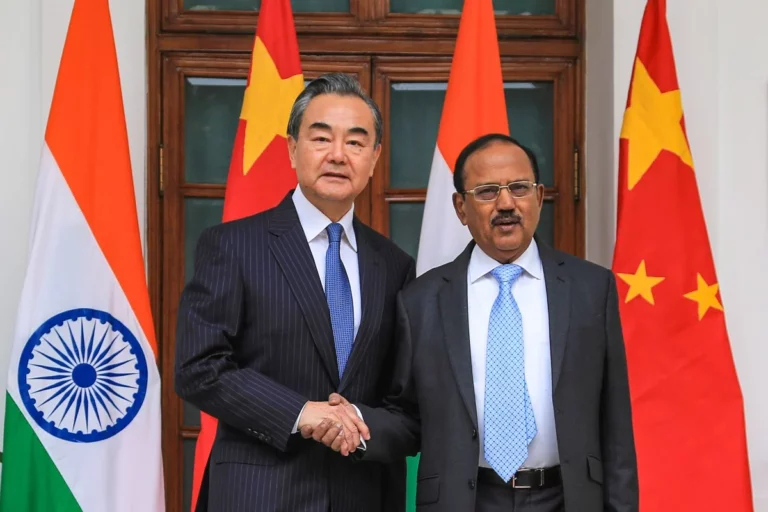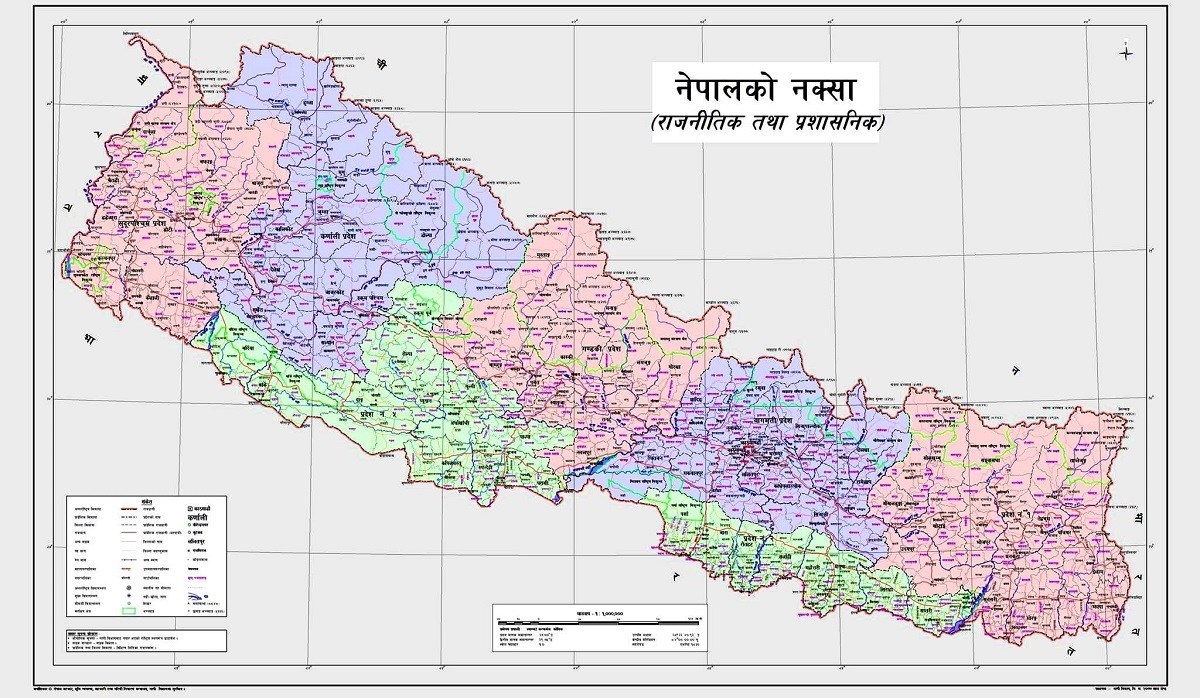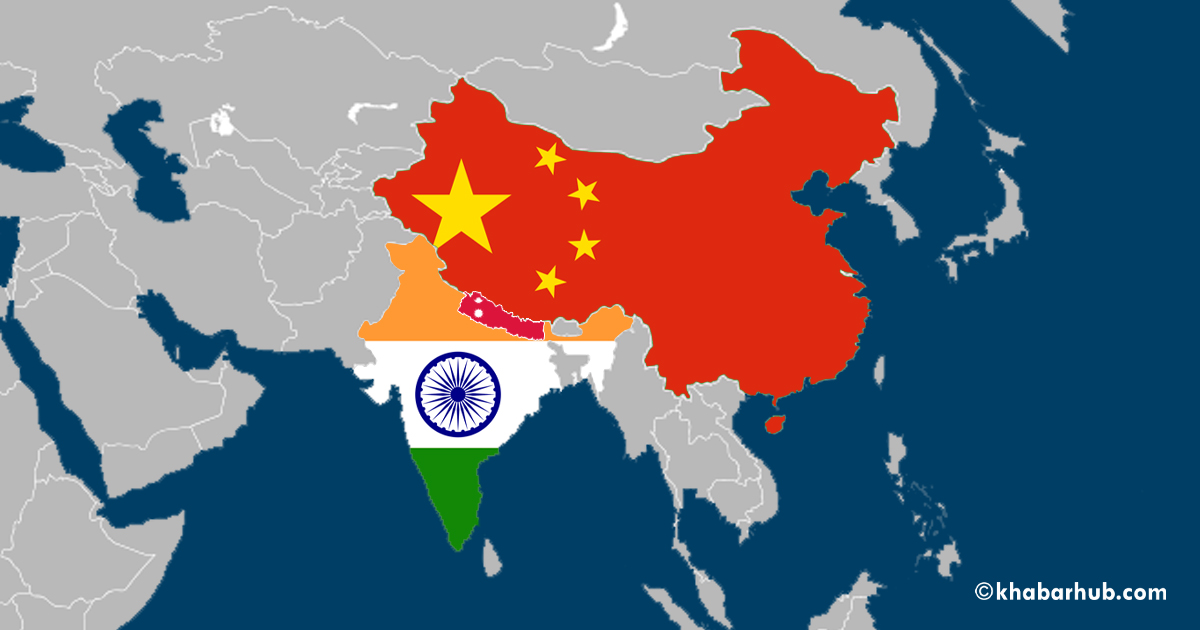KATHMANDU: Last week’s high-level dialogue between India and China marked a significant moment in regional diplomacy, with the ruling CPN-UML in Nepal calling it a positive step for the country’s interests.
The talks, held after nearly four years of strained relations, focused on resolving border tensions, a move seen as beneficial for Nepal by both the government and experts.
The India-China border dispute has long been a source of tension in the region. However, the recent 23rd round of Special Representatives’ dialogue in Beijing appears to have rekindled a spirit of cooperation.
Attended by India’s National Security Advisor Ajit Doval and China’s Foreign Minister Wang Yi, the meeting culminated in a six-point agreement aimed at restoring peace along the contentious borders.

Among the key agreements was the decision to reopen the route for Indian pilgrims to Kailash Mansarovar, a sacred site in Tibet. The route had been closed since 2020 following violent clashes in the Galwan Valley. Both countries also pledged to exchange data on cross-border rivers and enhance border trade.
For Nepal, sandwiched between these two giants, the easing of tensions is welcome news. Prime Minister KP Sharma Oli, in a political report presented at the CPN-UML Central Committee meeting this week, emphasized that normalized relations between India and China align with Nepal’s national interests.
Despite the optimism, the agreement has not been without controversy in Nepal.
The reopening of the Kailash Mansarovar route via Lipulekh has reignited concerns over Nepal’s territorial claims to the region, including Kalapani and Limpiyadhura. These areas, depicted as part of Nepal in its updated 2020 map, remain disputed with India.
Critics argue that Nepal was sidelined in the India-China negotiations, with no prior consultation about agreements affecting its claimed territories.
However, experts urged Nepal to raise its concerns through diplomatic channels.
The Nepali government, however, appears unruffled. Minister for Communication and Information Technology, Prithvi Subba Gurung, addressed the media last week, clarifying that the India-China talks posed no threat to Nepal’s sovereignty.
“The cabinet concluded that the agreement between India and China does not infringe on our territorial claims,” Gurung said.

This isn’t the first time Nepal has faced challenges regarding its borders with India and China.
In 2015, Nepal strongly protested an agreement between the two neighbors to open a trade route through Lipulekh, sending diplomatic notes to both New Delhi and Beijing. However, this time, both the government and the ruling UML have taken a more measured approach.
“Stability between our two neighbors is crucial for Nepal’s economic and strategic interests,” said a senior CPN-UML leader.
The party’s political report underscored the importance of maintaining balanced foreign relations, emphasizing the need for Nepal’s sovereignty to remain central in all diplomatic engagements.
Under Oli’s leadership, Nepal’s foreign policy has aimed to balance relations with its two powerful neighbors. His administration has highlighted successes like the Belt and Road Initiative (BRI) framework agreement with China and strengthened ties with India.
Yet, experts like border scholar Buddhi Narayan Shrestha have called for a more assertive stance.
“Nepal’s national policy on territorial integrity should remain consistent, regardless of which party is in power,” Shrestha said.
He criticized past missed opportunities, including Oli’s failure to raise the Lipulekh issue during his visit to China.
As Nepal navigates its role in a rapidly shifting regional landscape, it faces the dual challenge of safeguarding its territorial integrity while fostering economic and diplomatic ties with its neighbors. The recent India-China talks may be a step toward stability, but they also serve as a reminder of Nepal’s delicate position.
For now, the government’s stance is clear: dialogue and peace between India and China benefit Nepal. However, experts argue that as history shows, Nepal must remain vigilant, ensuring that its interests are not overshadowed in the shadow of its larger neighbors.









Comment